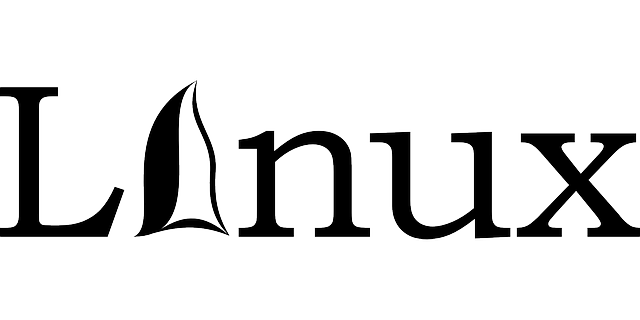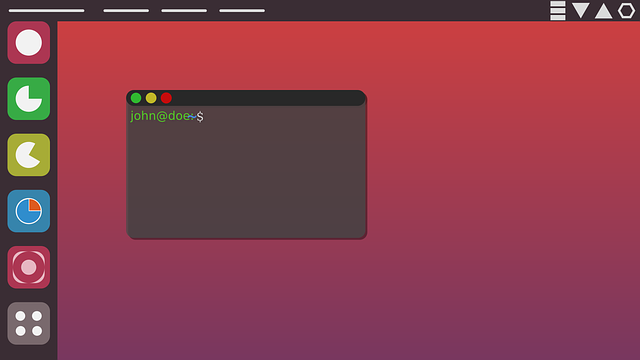Linux for Government Agencies explores the strategic advantage of adopting open-source software like Linux within government IT systems. It highlights how Linux aligns with public sector values such as transparency, collaboration, accountability, and efficiency by offering an open-source framework that cuts down on costly licensing fees and enables reallocation of funds to other critical areas of public service. The article points out that Linux's security measures are particularly effective for safeguarding government data, with a community-driven development model that ensures timely updates and patches to combat new vulnerabilities. This commitment to ongoing security improvements makes Linux an ideal choice for government IT needs, providing both immediate cost savings and the flexibility required to meet diverse departmental demands, from managing databases to engaging with citizens. The global community's support for Linux ensures that it remains at the forefront of technology, offering secure and scalable solutions tailored to the unique requirements of public service organizations. Overall, Linux stands out as a prudent, secure, and adaptable choice for government IT infrastructure, addressing current needs while anticipating future technological advancements in the public sector.
Linux, a robust open source operating system, has emerged as a pivotal solution for government agencies seeking cost-effective and secure computing solutions. This article delves into the transformative role of Linux in the public sector, highlighting its advantages over proprietary alternatives. By examining real-world applications through a case study on Linux deployments within government entities, we explore how open source software not only enhances security and reliability but also fosters innovation and collaboration across departments. Join us as we navigate the benefits of adopting Linux for Government Agencies and why it stands out as an exemplary choice for modern IT infrastructure in the public domain.
- Leveraging Linux in Government: A Cost-Effective and Secure Choice for Public Sector IT
- The Advantages of Open Source Software in Government: Case Study: Linux Deployments
Leveraging Linux in Government: A Cost-Effective and Secure Choice for Public Sector IT

Linux has emerged as a robust and secure platform well-suited for government agencies seeking to optimize their IT infrastructure. Its open-source nature fosters transparency and collaboration, aligning with the public sector’s commitment to accountability and efficiency. By adopting Linux, government entities can significantly reduce software licensing costs, diverting savings towards other critical areas of public service. The Linux operating system’s security features are unparalleled, offering robust protections against cyber threats that target sensitive government data. Moreover, the community-driven development model behind Linux ensures a steadfast support system, with continuous updates and patches to safeguard against emerging vulnerabilities. This commitment to ongoing security and cost-effectiveness positions Linux as an ideal choice for the public sector’s IT operations, enabling agencies to deliver services more securely and affordably.
The deployment of Linux in government agencies not only addresses budgetary concerns but also fosters innovation within the public sector. It allows for a high degree of customization and flexibility, tailoring systems to the specific needs of different departments without being constrained by proprietary limitations. This adaptability is crucial for the diverse requirements of government services, from managing databases to handling citizen interactions. Linux’s scalability ensures that as agencies evolve their IT needs, the operating system can grow with them, maintaining performance and security across a wide array of applications and environments. Thus, Linux stands as a prudent choice for government IT, offering both immediate cost benefits and long-term flexibility to meet the dynamic demands of public service.
The Advantages of Open Source Software in Government: Case Study: Linux Deployments

Linux, an open-source operating system, has garnered significant attention among government agencies seeking robust, secure, and cost-effective computing solutions. Its source code is freely available for anyone to inspect, modify, and enhance, fostering a collaborative environment where improvements are shared globally. This transparency and community engagement inherent in open-source models like Linux for Government Agencies ensure that the software undergoes rigorous peer review and security audits, significantly reducing potential vulnerabilities. Furthermore, the absence of licensing fees associated with proprietary alternatives means that government agencies can allocate their budgets more efficiently, investing in other critical areas of public service.
The adoption of Linux for Government Agencies has been exemplified through various case studies worldwide, highlighting its scalability and adaptability to diverse needs. For instance, a government agency might leverage the Linux platform to securely handle sensitive data while simultaneously utilizing open-source applications that are tailored to their specific functionalities. The community’s continuous support and development ensure that such deployments remain up-to-date with the latest security patches and feature updates. This proactive approach to software maintenance minimizes system downtime and enhances operational continuity, which is essential for government operations that require high availability and reliability.
Linux’s role in empowering government agencies with cost-effective and secure IT solutions is becoming increasingly pivotal. The case study on Linux deployments illustrates how open source software not only promotes transparency and collaboration but also fosters innovation and resilience within the public sector. By adopting Linux, governments can safeguard their digital infrastructure, optimize resource allocation, and enhance operational efficiency. The advantages of open source are clear: it offers a robust foundation for computing needs without the constraints of proprietary licenses. As such, Linux stands as an unparalleled choice for government agencies looking to harness the full potential of technology in service of the public.


























